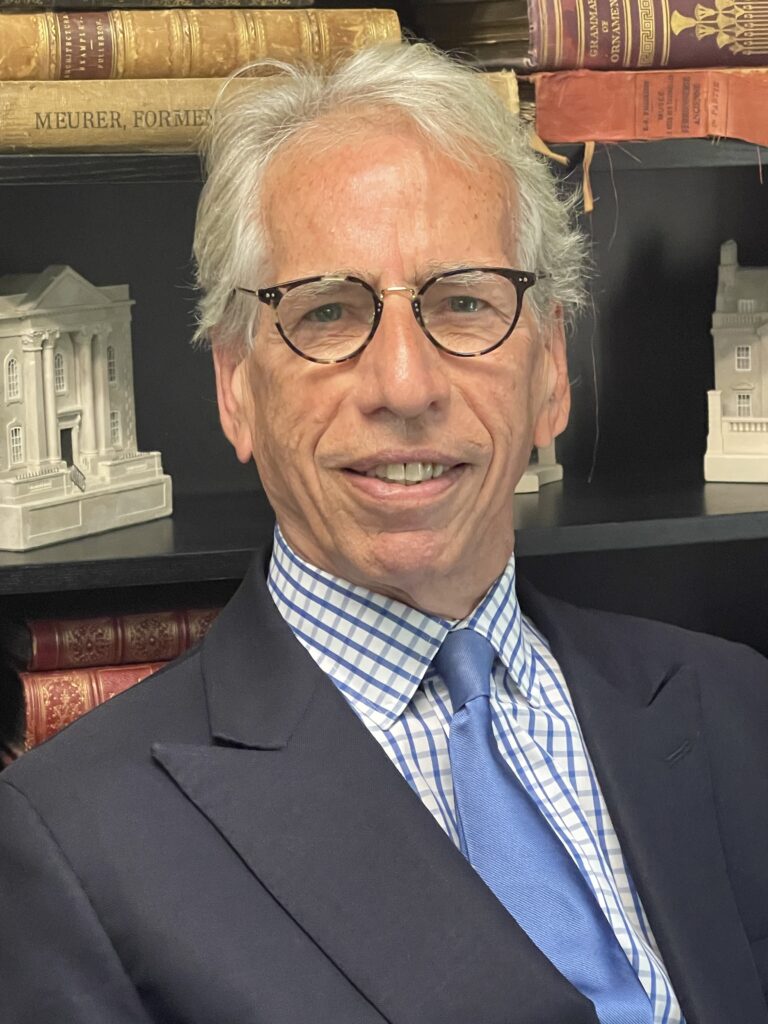
Message from the President
Clinton Howell
The function of CINOA has always been to promote the highest standards in trade practices and to publicize the art and antiques industry. About 10 years ago, CINOA decided to re-focus efforts on the ever growing government regulations that were being created that would stymie member trade. We are now the leading global advocate for the art and antiques trade, leveraging insider knowledge from industry members, experienced lobbyists and our long standing reputation to drive meaningful change.
For the last few years, CINOA has compiled a fact sheet on the bogus figures and claims regarding illicit trade in the art market. These misleading claims, based on unfounded assumptions, are often touted by the media, policy makers and anti-trade groups. These stories amplify over time and gain credence. These unfortunately are triggering new legislation and policies.
Government regulation are often overzealous and based on inaccurate information. This is true of laws being created in the EU, the US and the UK. Now, I am happy to say, our members are aware of how we are being marginalized and, to that end, we decided that we needed help in navigating strategy and for that we turned to a lobbying firm based in Brussels called Lighthouse Europe. Our decision to focus on the EU was made because a majority of our dealers are in the EU and because we realized that laws transmigrate. Ivory laws went from the US and UK to Europe, anti-money laundering from Europe to the US. Focusing on the EU was therefore a tactical decision based on the practicality of a limited budget.
The next vital step is to raise the awareness of industries that are
related to the art and antiques industry. This includes insurance, transportation,
art fair owners, restorers — to name just a few.
The next vital step is to raise the awareness of industries that are related to the art and antiques industry. This is one of the reasons that we have launched two new initiatives, to offer the possibility of more groups to further support our mission. Of singular importance to dealers is the collector, former, present and future collectors. This collective group needs to be made aware and, if capable, be enlisted to donate the efforts being made to curb over zealous legislation. You can donate to fund our advocacy, research, and educational programs through Friends of CINOA. Additionally, we are seeking approved service providers such as insurance, transportation, restorers — to name just a few, to Partner with us, offering a way to support our efforts while gaining industry visibility.
To wind this up, I will say that we have had some success. The EU and UNESCO recognized CINOA as a legitimate voice in discussions relating to art, antiques and antiquities. So have several committees of the European Parliament. These are small vital steps as it is necessary to be recognized as that recognition translates to practical discussion. Our lobbyists, Lighthouse Europe, have been spectacular at aiming us to the right committees at the right time in the labyrinthine body of the EU. That, too, is helping. Overall success will take time, but we are committed to making the changes that need to be made.
